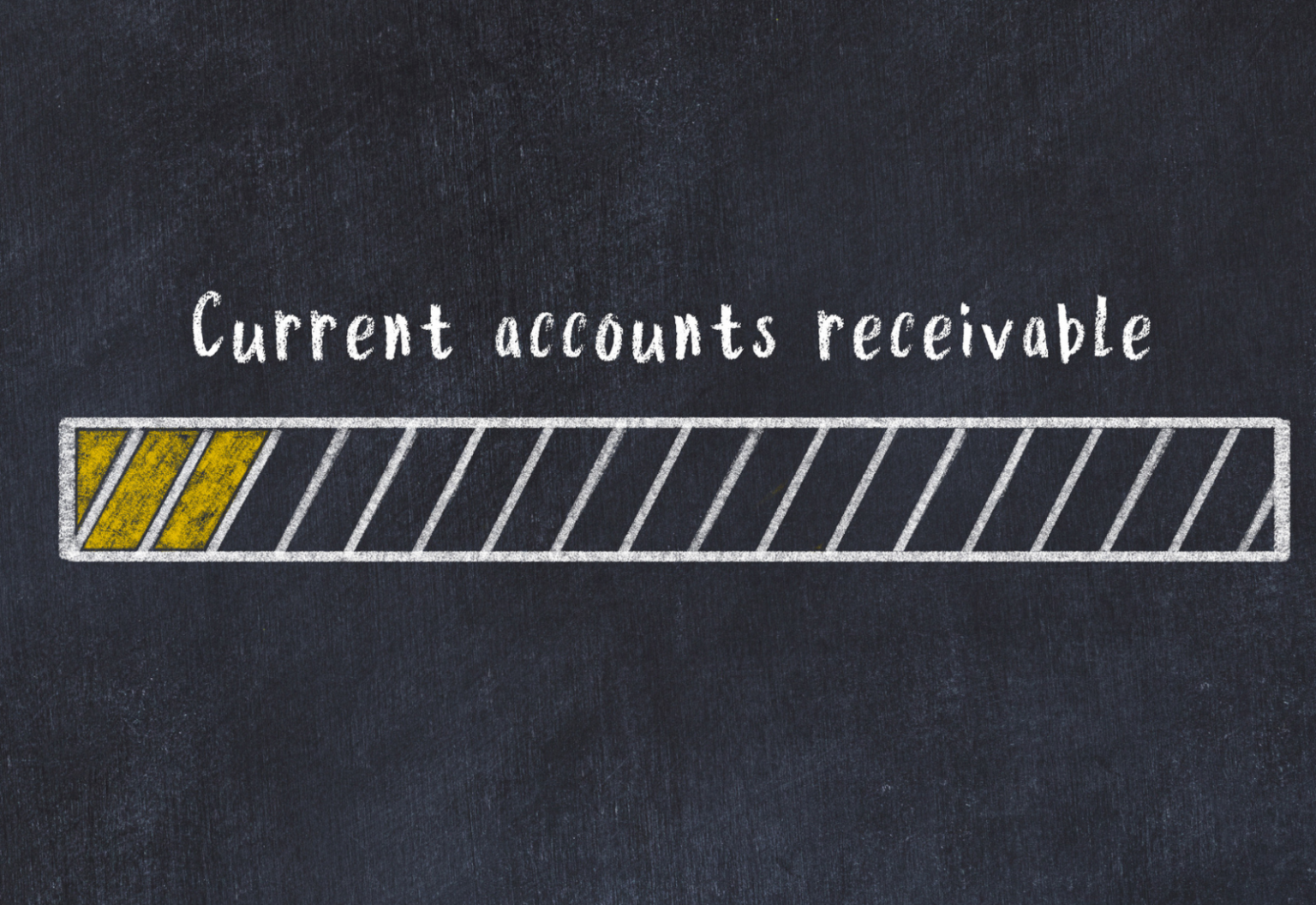Cannabis Collections Headaches And What To Do

We don’t want to see cannabis businesses cannibalize each other
On this hallowed 4/20, while consumers and businesses celebrate cannabis near and far (which is great!), it’s important to be mindful that the cannabis industry is getting financially pummeled nationwide. For the cannabis companies able to survive this rocky time, cannabis collections are becoming an increasing headache as other cannabis businesses fold and/or just ignore payment obligations. Hopefully, cannabis companies have persisted in getting their intra-industry agreements in writing, through which there’s a clear path to recourse against either licensees who can’t or (more likely) won’t pay their bills. In any event, the cannabis collections process is no easy task.
What to do if you’re owed money by a cannabis company
Whether you’re a manufacturer, grower, distributor, retailer, or something else, you’re likely seeking payment from another cannabis licensee for whatever exchange of value went down in the past. For example, retailers sometimes have fee slotting agreements where they charge wholesalers for prime shelf space. Or perhaps you’re an intellectual property licensor that’s licensed your intellectual property to a cannabis company for a royalty. Or you might be a distributor that distributes product to retailers on net terms. Chances are at this point, regardless of the commercial relationship, the party that owes you money can’t or won’t pay, and they’ve maybe even started to ignore you. In that case, turn to your agreement with the other side and go straight to the breach or event of default section. That’s your roadmap for recovery.
Breach of contract
Once the other side is in breach of whatever performance obligation (here, timely payment), your agreement will tell you what you can and cannot do. Most agreements will have some kind of grace period for a default in order to allow for a cure. If you’ve given any relevant notices and are past the cure period, or there isn’t one, next look to see if you have grounds to terminate the agreement (and, even better, if there’s a liquidated damages provision that favors you).
Even if you don’t have termination rights, if the other side is in breach and there’s no cure, you typically don’t have to continue performance under the agreement. If the company on the other side breaches regarding non-payment, be sure to look for any other breaches they’ve committed (like representations and warranties, a “change in control”, an invalid assignment, etc.).
Demand
Now that you’re armed with your evidence of breaches, it’s time to make a demand for cannabis collections. This is the part where you write a demand letter to the other side laying out the breaches and failure to pay, demanding that the other side make payment by a date certain, or face court action. Recognize that in this part of the cannabis collections process, the other side doesn’t necessarily have a legal obligation to respond to you or even negotiate. When times are financially tough like they are now, the recipient will likely take their chances with just ignoring the demand, hoping that you’ll go away since you don’t want to throw good money after bad.
Cannabis collections
If the other side ignores your demand, you may consider sending the matter to a debt collection agency (the alternative is to sue; see below). As a last-ditch effort before suing, collection agencies will take a portion of the amount owed as their fee (and, usually, if they don’t recover, you don’t pay). This is not ideal, but it could be faster and cheaper than suing depending on the amount you’re owed. Aggressive collections agencies are going to pursue the other side with calls, notices, and emails (within the bounds of the law) in order to get the other side to pay. And we’re to the point in the industry where at least one cannabis-specific collections firm exists.
Suing
Pretty much no one but litigators (and not even all litigators!) want to be in court. However, there are times where suing is your only option if you have any intention of recovering your financial damages. We break down in great detail here all of the elements of a breach of contract claim (in California, but the elements are relatively universal). If the other side ignored your demand, blew off your collections agency, and appears to be somewhat in the wind, it may be time for the power of a lawsuit.
Once served with a complaint for a breach of contract claim (or any claim), the other side must respond within a certain amount of time or face a default judgment. If you secure a default judgment, you can start attaching and seizing personal and real property belonging to the judgment debtor. If the judgment debtor is a business, that means real property, equipment, lease interests, inventory, etc. If the judgment debtor is an individual (or maybe an individual guaranteed the breached contract), you can attach personal property and even garner wages with that judgment.
The lawsuit is the ultimate power tool to get someone’s attention, and the ultimate hammer to really make them hurt financially. The filing of the lawsuit could even hasten settlement negotiations more so than a demand letter or a threatening call from a collections agency.
Do regulators matter at all with cannabis collections?
The short answer is typically no. Failing to pay bills when due (other than tax) usually isn’t going to amount to an actionable regulatory violation with which you can approach regulators for help. However, in California at least, the state is contemplating the passage of AB 766, which would provide some relief to licensee debtors in these situations (at least after January 1, 2024). The summary of that bill reads:
This bill would, except as specified, require a licensee to pay for goods and services sold or transferred with a total value of at least $5,000by another licensee no later than 15 days following the final date set forth in the invoice or invoices. The bill would require a licensee who sold or transferred goods to another licensee and who has not received payment in full 15 days after the final date set forth in the invoice to report the unpaid invoice to the department, as specified. The bill would require the department to notify a licensee of this report, issue a notice of warning, or, in its discretion, issue a citation or commence a disciplinary action against the licensee if the licensee fails to pay the outstanding invoice in full by 30 days after this notification, as specified, and, for multiple failures to comply with these provisions, commence a disciplinary action, as specified. The bill would prohibit the licensee from purchasing goods and services from another licensee on credit until the licensee pays the outstanding invoice in full. The bill would, for purposes of these provisions, prohibit the final date set forth in an invoice for payment of the invoice from being later than 30 calendar days from the date the goods or services are sold or transferred. The bill would specify that these provisions do not apply to an invoice for a sale or transfer made before January 1, 2024.
We’ll blog more about AB 766 soon, so stay tuned.
In the end
As industry attorneys, we don’t want to see cannabis businesses cannibalize each other. At the same time, businesses need to honor their agreements or plan accordingly in a way that promotes settlement and continued performance without leaving anyone empty handed. We know it’s tough times out there right now, and we sincerely hope that you don’t find yourself on either end of cannabis collections.
In the meantime, if you haven’t seen it, be sure to watch our law firm webinar about distressed assets in the cannabis industry. We covered receivership, bankruptcy (or lack thereof), assignments for the benefit of creditors, and secured interests. And don’t skip the follow-up takeaways either.
Source: Canna Law Blog










